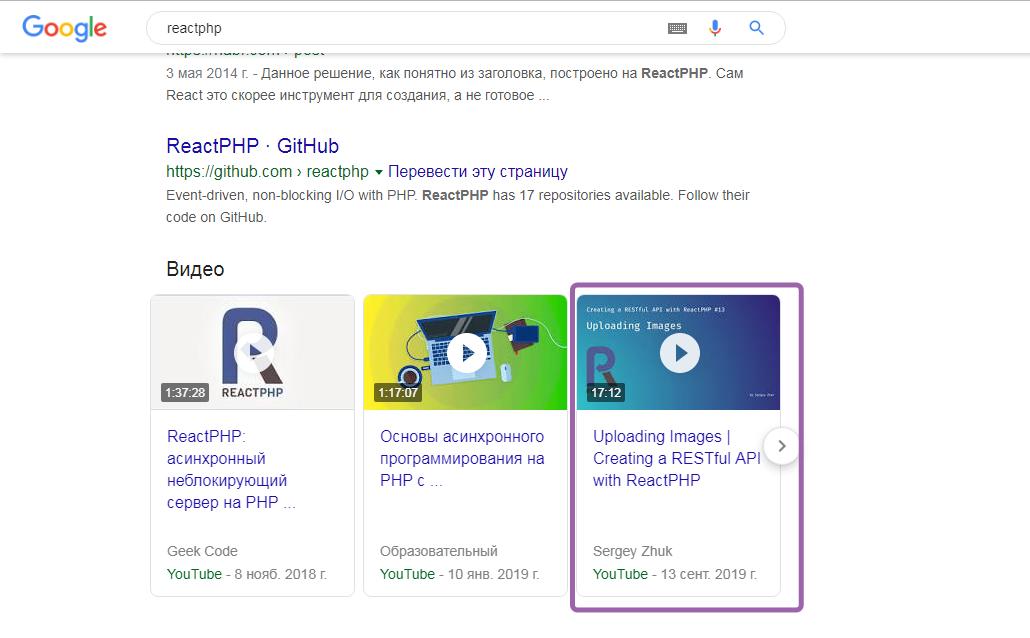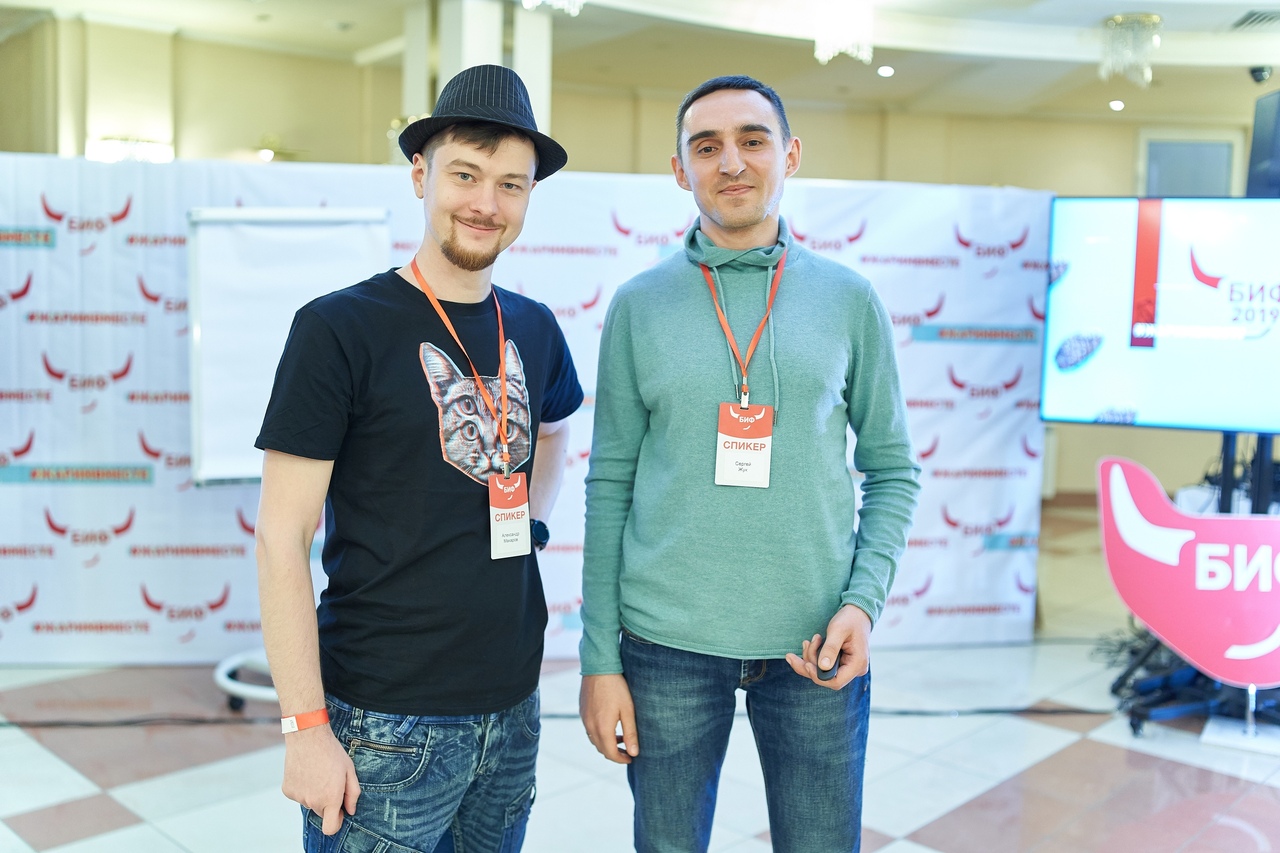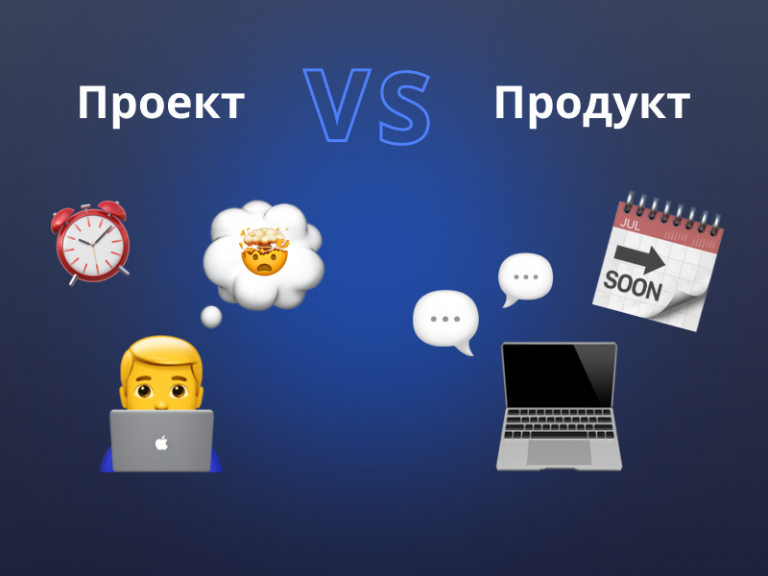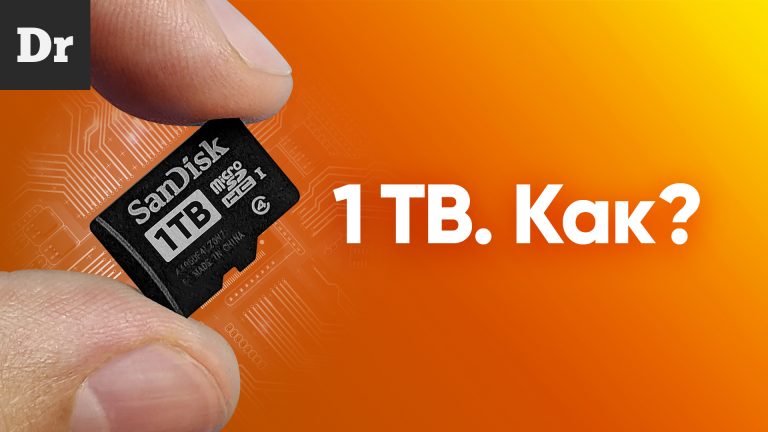How to develop a developer in a small and not very IT city
No, this is not a story about how unique I am. A few years ago, I did not know what SOLID is – and when asked to decrypt the abbreviation, I honestly asked: “What is this?” For many years I swam with the flow until I settled in a cozy “swamp”. But then he woke up and, it seems, in a few years was able to get out on solid ground. Do not repeat my mistakes)

I hope that something from my experience will come in handy (the solutions are simple and do not require much effort and investment). And I really want other guys who were able to grow up without leaving their small homeland to share their tips in the comments.
How to start to degrade, but not succumb
Perhaps the only thing in which my path in IT differs from the typical story “I got carried away with computers at school, got the first book on programming – went to the programmer at the institute”, this is my knowledge of English since childhood.
We lived not to say richly, but even before school, parents began to send me to some classes. And the school was chosen with in-depth study of English – so that it is foreign every day. And still sent to the tutor after class. In short, in high school I could write and read very tolerably.
In the next 10 years, English was almost useless to me.

Are there any articles? And if I find it?)
Like college education. No, I am grateful to everyone, but they taught us a little and something. Not fully understanding what to do with the fragmentary knowledge of C, C ++, PHP, .NET, algorithms, and even neural networks, I tried to get into a couple of offices – but after reading the documentation, I was depressed. Then classmates and called outsource.
We received well – and there was no motivation to leave. Read, watch and learn something – in principle, too.
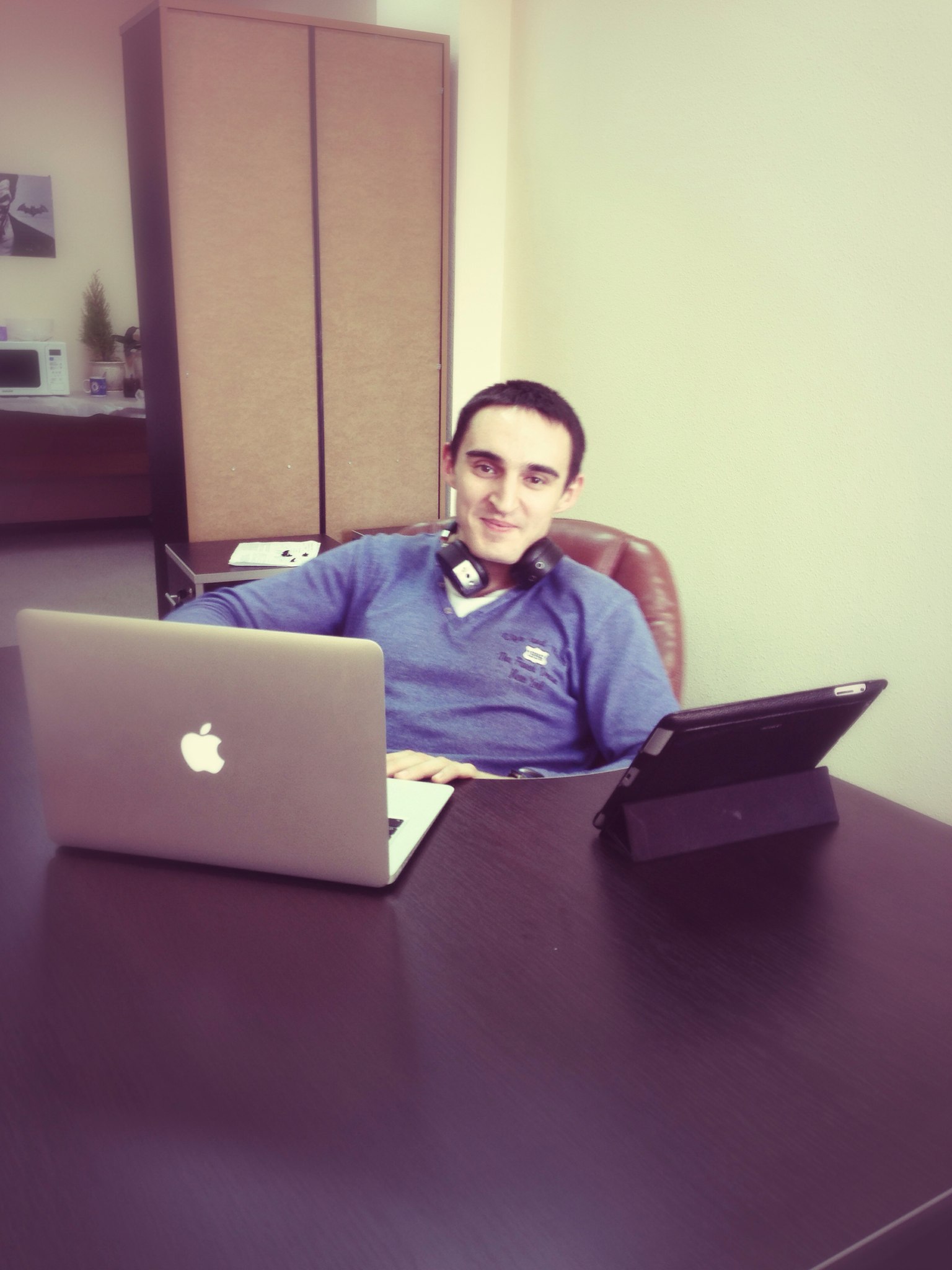
The five of us sat in an office in Bryansk, and the guys in Moscow got orders for us.
And in one day it was over – the office closed. And so, when after 5 years I had to look for a new job in it, I quickly realized that I was not pulling. In good companies, where you could go to the same remote place, they asked about some things about which I had not heard or could not say a word.
Honestly admitted to himself: yes, he degraded. I decided that I would not knock on everyone in a row, but I would pull up my knowledge and try to join a team where the guys will be stronger than me (as a result, it turned out). He wrote down everything that he did not know, and sat down for study.
Why keep your technical blog: and how not to score if no one reads you in the first year
So, from the interviews, I still have notes with a bunch of new unknown words. Finding this-for-once-exactly-temporary job for 40,000, I began to dig into books and articles in the evenings. English, which, surprisingly, was not forgotten (thanks to parents and 10 years of daily activities in youth), turned out to be very helpful. I quickly realized that there is more information on foreign information and it is more relevant.
But how can I systematize it and, if anything, find the right one? We need to keep a note – and so that it is accessible from any device, you can put it on the network. The format of the blog suited this task. I read in English, so I began to write in it: it’s more concise, it’s easier. In the first year there were no problems with choosing topics: I figured out what I’ll write about. Because it’s a technical post, you don’t need inspiration with it: you can easily sketch out a page and a half in the evening (well, if the topic is complicated, in a few evenings). The fact that at first it was few people read did not bother me – I did it for myself.

You will not know something if you write a blog article about it. The principle, open then, still works.
A year later, when the issue of a new and this time good work was resolved, the desire to write was not lost. But there was a desire to share knowledge – asynchrony became more and more relevant, and I tried ReactPHP on one of the combat missions. There was practically no information about the technology even in English, so I decided to describe my experience with it: I wrote an article, went to twitter, tagged the developers account – and they retweeted the material. This began to give good traffic to the blog. And then I worked out a scheme: bypassing with a new link PHPtoday, Reddit, HackerNews, AwesomePHP and other more or less noticeable resources. Do not enter into discussions, do not respond to haters so as not to waste time – just post a link. The link gives links to the blog, and that’s all I need.
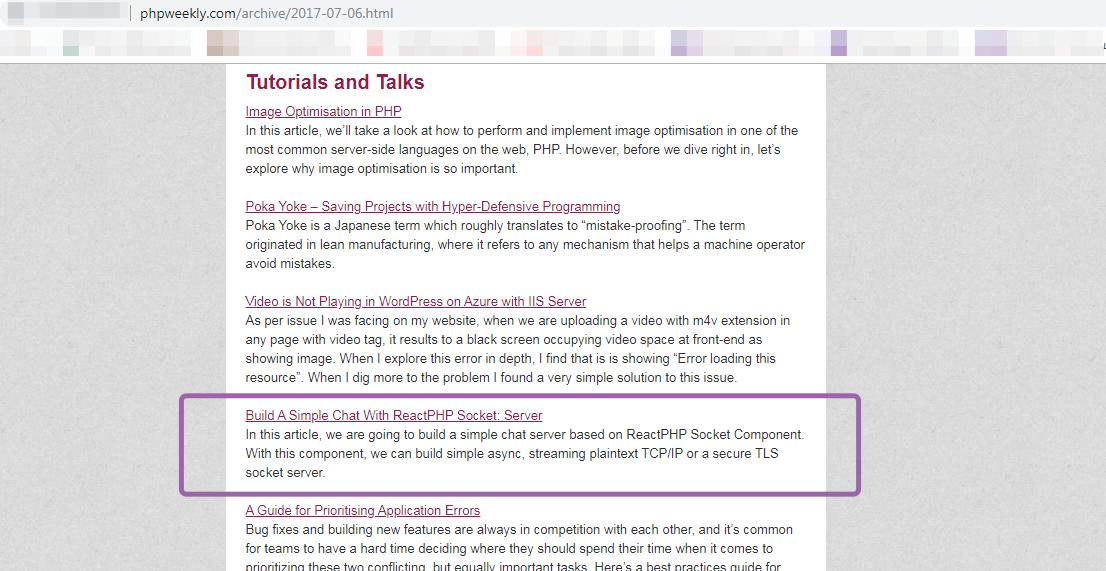
A couple of times I got into the selection of PHP Weekly – this is about 14k addresses. It seems that Roman Pronsky noticed me there – and now he takes my materials in PHP Annotated Monthly in the Jetbrains blog and “PHP Digest” on Habré (by the way, the project has an excellent channel in telegram)
So far enough. So I wrote my tool for developing long-lived applications. And here we have improved the practice of code review in the team … The blog went the third year, a few thousand people visit it a month. All for good reason!
Of course, in addition to the desire to share useful things, I also pursue pragmatic goals. I well remembered the lesson of four years ago: and the next time, if it happens (pah-pah and three times a tree), I should not knock on employers. They should come to me and want to hire me. A personal blog is a good tool for building the so-called personal brand. But we have not tried this video yet)
How and why to write screencasts in English
The blog audience gradually grew, and I became interested in self-education: I took courses, looked at tutorials. In particular, he began to pay for content. And this content prompted me to think: the guys show the screens, write something in the IDE and speak into the microphone. This is not rocket science – in principle, I also can and can)
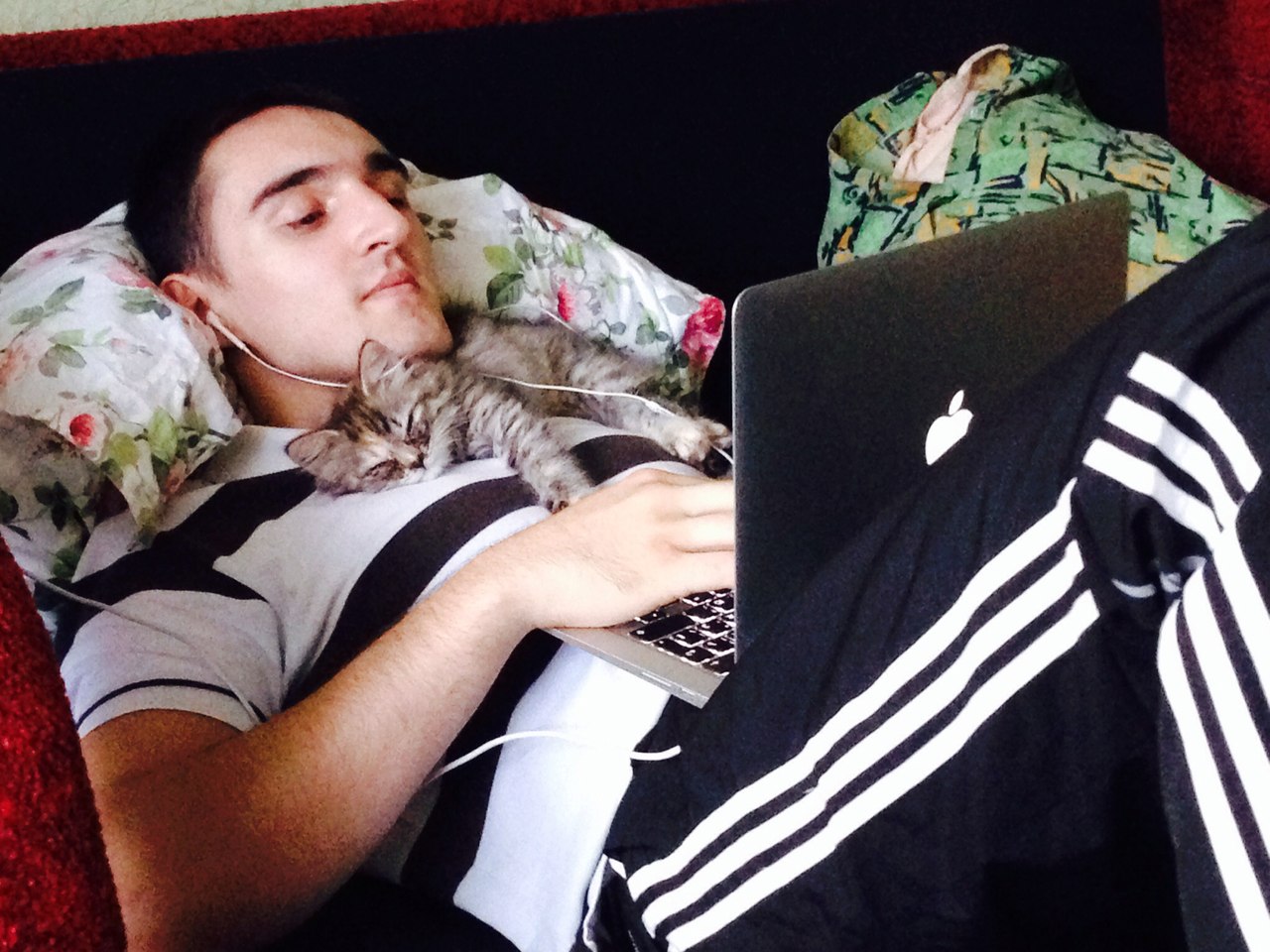
My channel’s sponsor is Busya the cat.
Moreover, it’s more convenient for one to read, for others to watch. So the idea came up to process part of the articles from the blog into screencasts. As with the texts, I decided to do it “as for myself”. At that time, I was subscribed to Jeffrey Waye and his Laracasts – I liked how he, unlike many others, went into detail. No “here I have a typo in the code, but I didn’t rewrite it” or “and here we have something installed for 5 minutes, well, nothing, we'll wait.” I was lucky – I found his mini-course on how to make normal screencasts, studied the whole kitchen – software, the procedure, installation recommendations, and sat down to start my channel.
